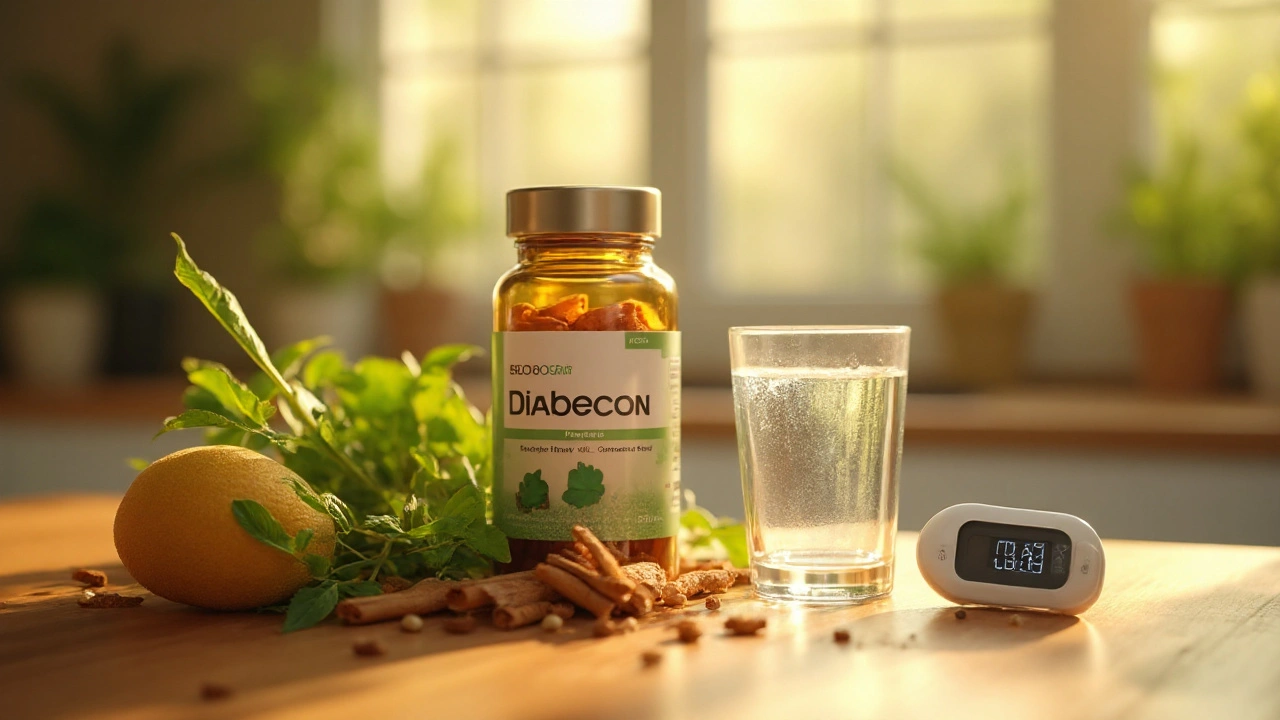Supplements & Nutrition: Practical Tips for Everyday Health
Ever feel confused by the sheer number of pills, powders, and drinks on the shelf? You’re not alone. This page breaks down the basics so you can pick what really helps, skip the hype, and keep your body running smoothly.
Why Supplements Matter
Most people get most nutrients from food, but life isn’t always perfect. Busy days, limited groceries, or medical conditions can leave gaps. A well‑chosen supplement can fill those gaps, support a specific goal—like stronger bones or better focus—and sometimes speed up recovery after illness.
It’s not a magic fix, though. Think of a supplement as a sidekick to a balanced diet, not a replacement. Look for products with clear labels, third‑party testing, and doses that match what research shows works. And always check how a new ingredient might interact with meds you’re already taking.
Spotlight: Succinate for Energy
One supplement that’s gaining attention is succinate, a natural compound that fuels mitochondria—the power plants in each cell. When you take succinate, it enters the “Complex II” pathway and helps turn food into ATP, the energy currency your body uses.
People who feel a dip in stamina—athletes, shift workers, or anyone dealing with chronic fatigue—often report steadier energy after adding succinate to their routine. The typical dose ranges from 200 mg to 500 mg per day, taken with food to avoid stomach upset.
But succinate isn’t risk‑free. High doses can cause mild nausea or interact with medications that affect blood pressure. If you have kidney issues or are on blood‑thinners, talk to a doctor before starting. And remember, no supplement replaces proper sleep, hydration, and a balanced diet.
Looking for alternatives? Some people turn to CoQ10 or B‑vitamin complexes for similar mitochondrial support. They often work well together, but stacking too many energy boosters can lead to jittery feelings. Start low, monitor how you feel, and adjust as needed.
Beyond succinate, this category covers a wide range of topics—vitamin D for bone health, omega‑3s for heart support, probiotics for gut balance, and more. Each article follows the same format: what the supplement does, who benefits, how to use it safely, and red flags to watch.
When you explore the site, use the filter to find supplements by health goal, like “energy boost” or “immune support.” That way you can compare options side‑by‑side and see which one aligns with your lifestyle.
Keep these three rules in mind: 1) Verify the ingredient list and dosage, 2) Check for reputable testing or certifications, and 3) Consult a healthcare professional if you have existing conditions or take prescription meds.
Finally, remember that consistency beats occasional mega‑doses. Taking a modest amount every day builds a steady supply of nutrients and lets your body adapt without shock.
Explore the articles below, experiment safely, and watch how the right supplement can fine‑tune your daily performance. Your health journey is personal—use the information here to make choices that fit you best.
Diabecon Review 2025: Ingredients, Benefits, Side Effects & How It Stacks Up Against Conventional Diabetes Medicines
Discover what Diabecon is, its key herbal ingredients, how it affects blood sugar, safety data, and how it compares to prescription drugs like Metformin. Get a clear picture before you decide.
Succinate Explained: How This Mitochondrial Fuel Really Boosts Energy
What succinate actually does, who it helps, how to use it, and the risks. Clear science, practical dosing, and smarter alternatives for steady energy.
Cade Supplement: Unlock Health Benefits for a Balanced Lifestyle
Discover how Cade, the ultimate dietary supplement, boosts energy, supports immunity and promotes overall wellness through science‑backed ingredients and optimal bioavailability.
Glucosamine Hydrochloride: The Athletic Joint Support Supplement
Discover how glucosamine hydrochloride can boost joint health, speed recovery, and improve performance for athletes and fitness lovers.



